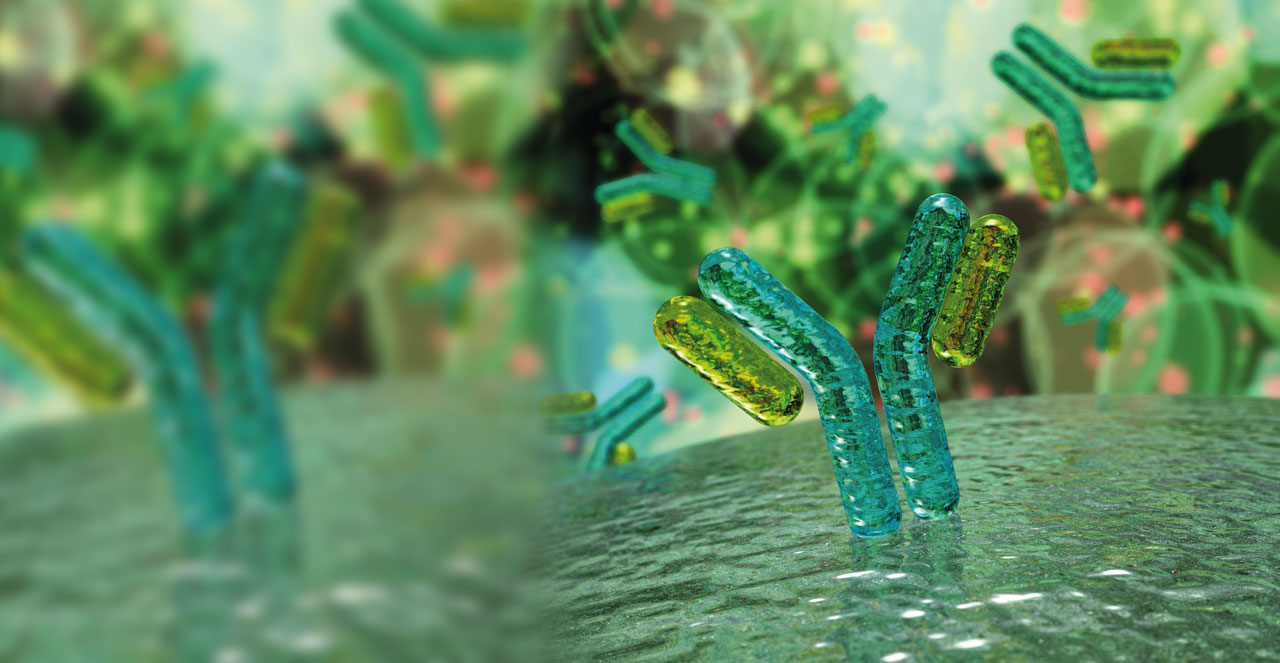A recent paper published in the prestigious scientific journal Clinical Cancer Research entitled “ CD99 Triggering in Ewing Sarcoma Delivers a Lethal Signal through p53 Pathway Reactivation and Cooperates with Doxorubicin” demonstrates the successful scientific collaboration between DIATHEVA and Italian public research institutes (CRS Sviluppo di Terapie Biomolecolari, Istituto Ortopedico Rizzoli, Bologna; Istituto Superiore di Sanità, Roma; Università di Urbino) for the development of a new human antibody useful for treatment of Ewing sarcoma.
Ewing’s sarcoma is a highly malignant tumor that appears mainly in children and adolescents seriously compromising their quality and expectancy of life. Fortunately, Ewing sarcoma (EWS) is relatively rare but its rarity has limited substantial advances in therapy. In fact, the important changes seen in the last ten years in the treatment of tumors have only very partially involved sarcomas. The antibody developed by the research team involving Diatheva srl is directed against the surface molecule CD99, a molecular marker of Ewing sarcoma that is highly expressed by the cells of this tumor. The engagement of CD99 by this antibody induces a rapid and massive death of Ewing sarcoma cells. The key event of this process is the degradation of a molecule called MDM2 that lead to the re-activation of the onco-suppressor gene p53 and its pathway. In fact, in Ewing sarcoma cells, p53 is maintained inactivate by MDM2. The mechanism of action of this antibody leads on the one hand to the death of the tumor cells and on the other hand activates those molecular mechanisms which allow a synergistic antitumor activity with conventional drugs such as doxorubicin. The combined treatment with doxorubicin is particularly efficient in inducing the tumor cell death. The efficacy and the specificity of the anti-CD99 treatment depend on the level of CD99 expression but also by the presence of the oncogene hallmark of Ewing’s sarcoma, the chimeric molecule EWS-FLI. In the absence of this oncogene in fact the process of death does not occur. This aspect is particularly important considering that the CD99 molecule is expressed, albeit at lower levels, also in normal cells and allow to foresee a limited toxicity of the antibody treatment.
The study published on Clinical Cancer Research thus clarifies the molecular details of the mechanism of action of the anti-CD99 and brings to the attention of the scientific community a new antibody with the potential to become a new drug.
Any improvements of care for patients with Ewing sarcoma mainly rely on academic and non-profit investments and in this context it is important to further emphasize the contribution of the Associazione Italiana di Ricerche sul Cancro (AIRC) that is funding the research of Dr. Scotlandi on this new molecule but also the participation of the biotech industry through Diatheva, a biotech company of the SOL group, who believed in this project and made it possible to direct the research towards industrial development of this potential new drug.

